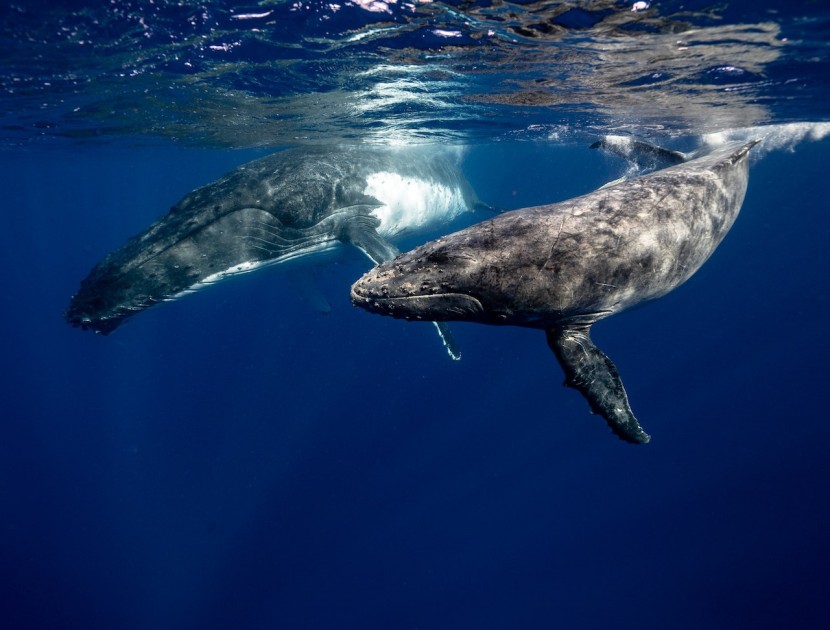
Warming ocean temperatures, increasing sea levels, and diminishing sea ice volumes are severe dangers to whales, dolphins, and seals in US oceans due to climate change, according to a new study.
Impacts of Climate Change
Over 70% of the more than 100 stocks of American marine mammal species studied by National Oceanic and Atmospheric Administration (NOAA) researchers are considered "vulnerable." This is owed to issues such as loss of food and habitat as a result of warming waters.
Apparently, changes in ocean chemistry and the depletion of dissolved oxygen are only two of the effects of climate change.
Scientists discovered that huge whales like humpbacks and North Atlantic right whales, as well as other toothed whales and dolphins, are very susceptible to the effects of climate change.
Marine mammal supporters see the recent PLOS ONE research as proof that the US' whale and dolphin management practices need to alter in light of rising temperatures.
While the findings are discouraging, they are the first of their kind to focus only on marine mammal populations kept by the US. The scientist who led the research, Matthew Lettrich, hopes the information will help federal ocean managers better protect the species.
Certain marine mammal populations are more prone to the impacts of climate change than others, as stated by Lettrich.
According to AP News, the researchers focused on marine animal populations in the western North Atlantic, Gulf of Mexico, and Caribbean Sea. The National Marine Fisheries Service, the federal agency responsible for stewardship and protection of marine resources, is in charge of the creatures' welfare.
The animals' vulnerability to and potential for adjusting to climate change were evaluated by the team of scientists. As much as 72% of the stocks were found to be extremely or very highly sensitive to climate change, with slightly less than half falling into the "very high" category.
The analysis found that the primary ways in which marine animals are harmed by a warmer ocean are via changes in their capacity to obtain food and a decrease in the quantity of acceptable habitat.
Sound propagation may be affected by a number of factors, according to the experts. The dolphins and other marine animals rely on echolocation, which is similar to sonar, to communicate and hunt.
Also Read : Antarctica's Winter Sea Ice Level Reaches Record Low, Raising Fears About Climate Change
Call for Management Measures
An independent marine mammal researcher from Massachusetts, Regina Asmutis-Silvia, praised the NOAA study for being the first to take a comprehensive look at marine animals in the US and seek to foresee their resilience to climate change. Asmutis-Silvia argues that the whales will profit from the research if it leads to the creation of regulations to protect them.
She claimed the US must have the world's toughest marine animal protection legislation because it has the most data on them. However, she pointed out that data are useless without the political will to implement new measures.








